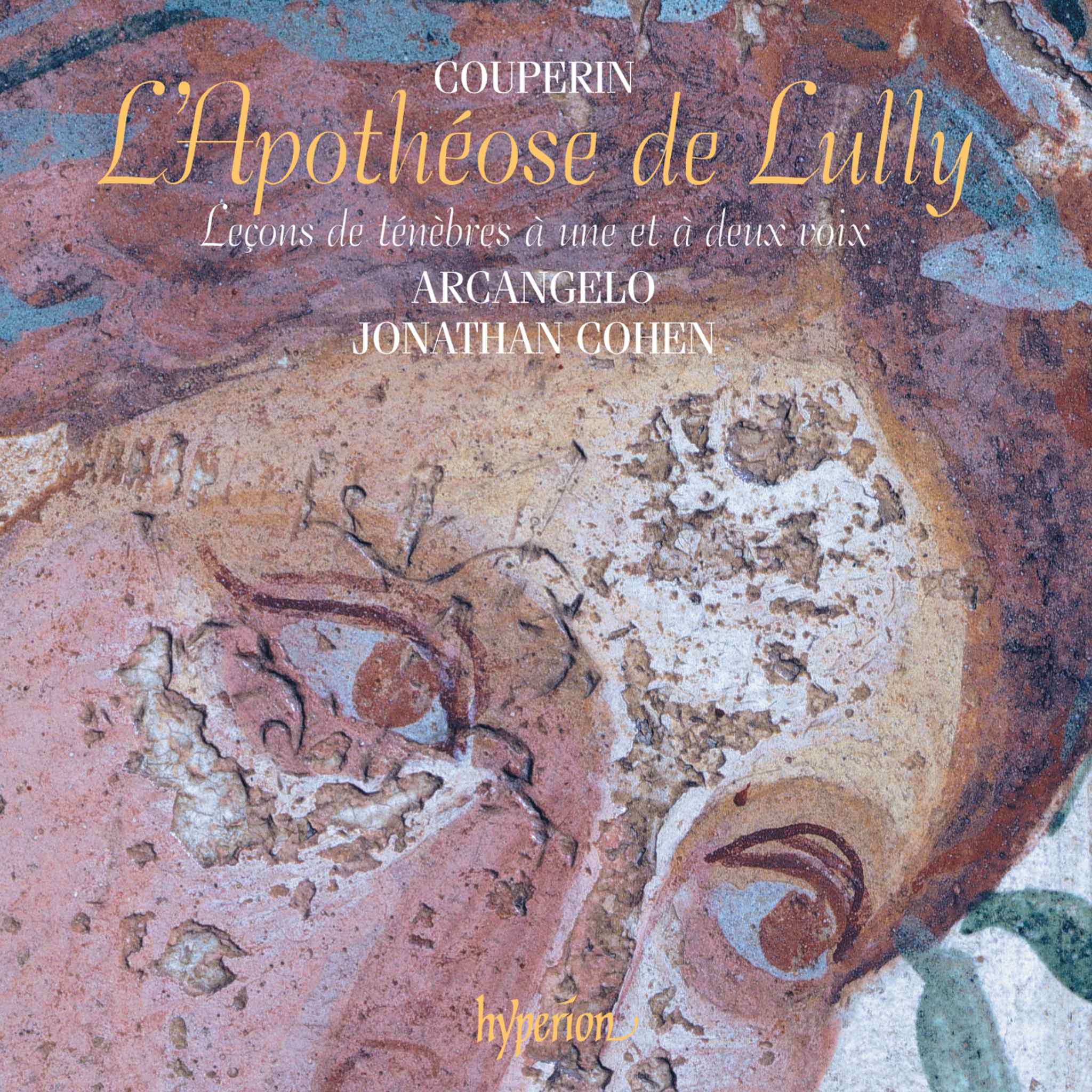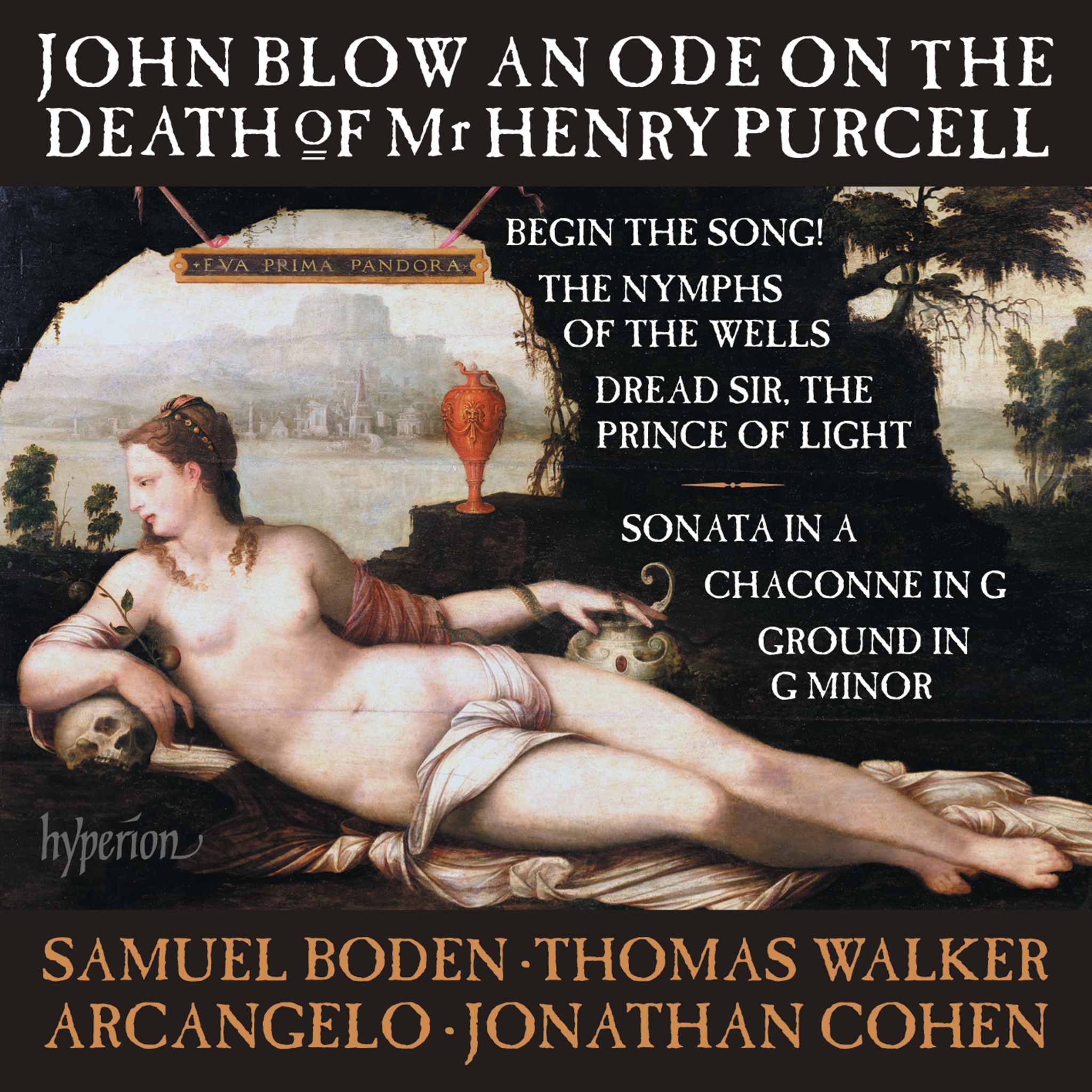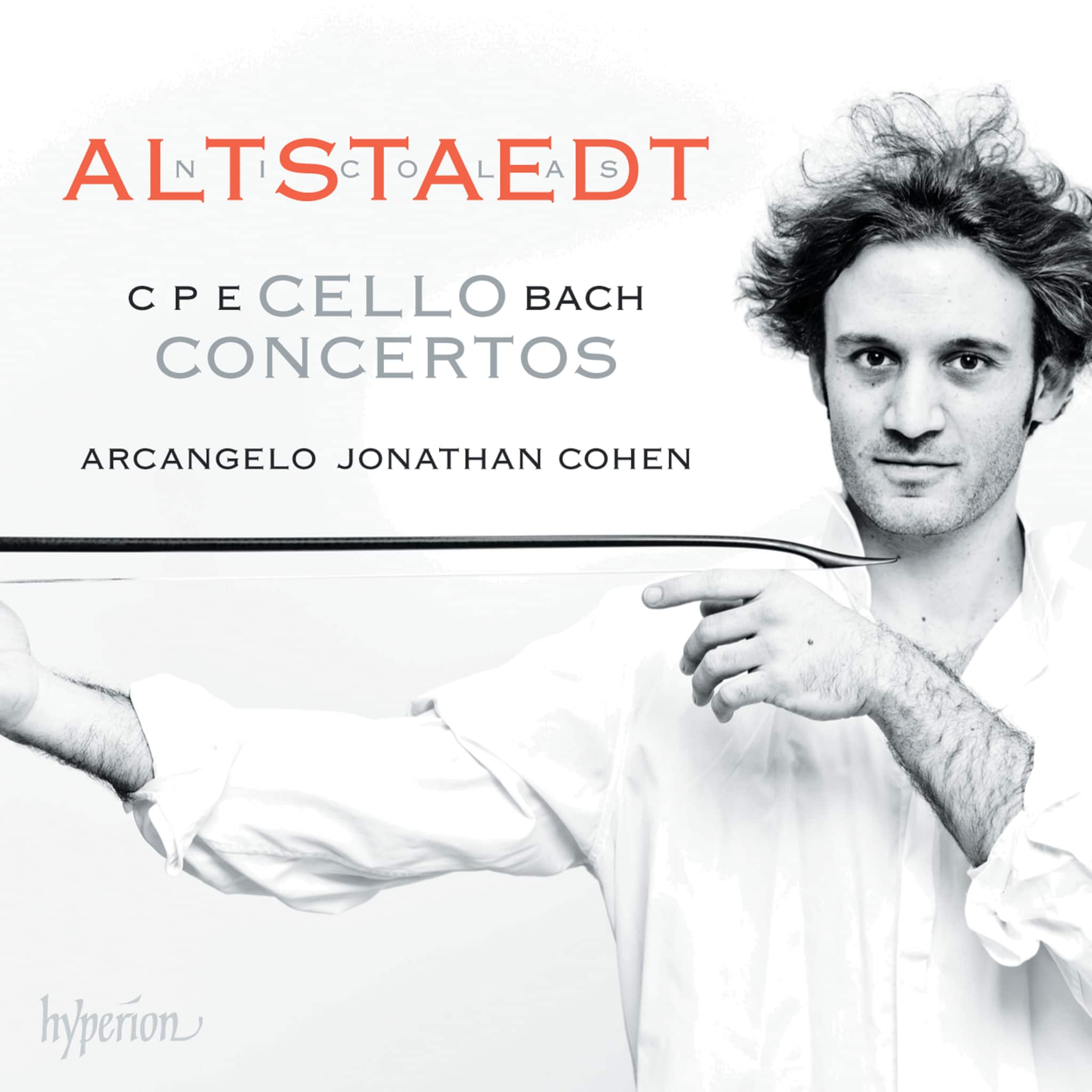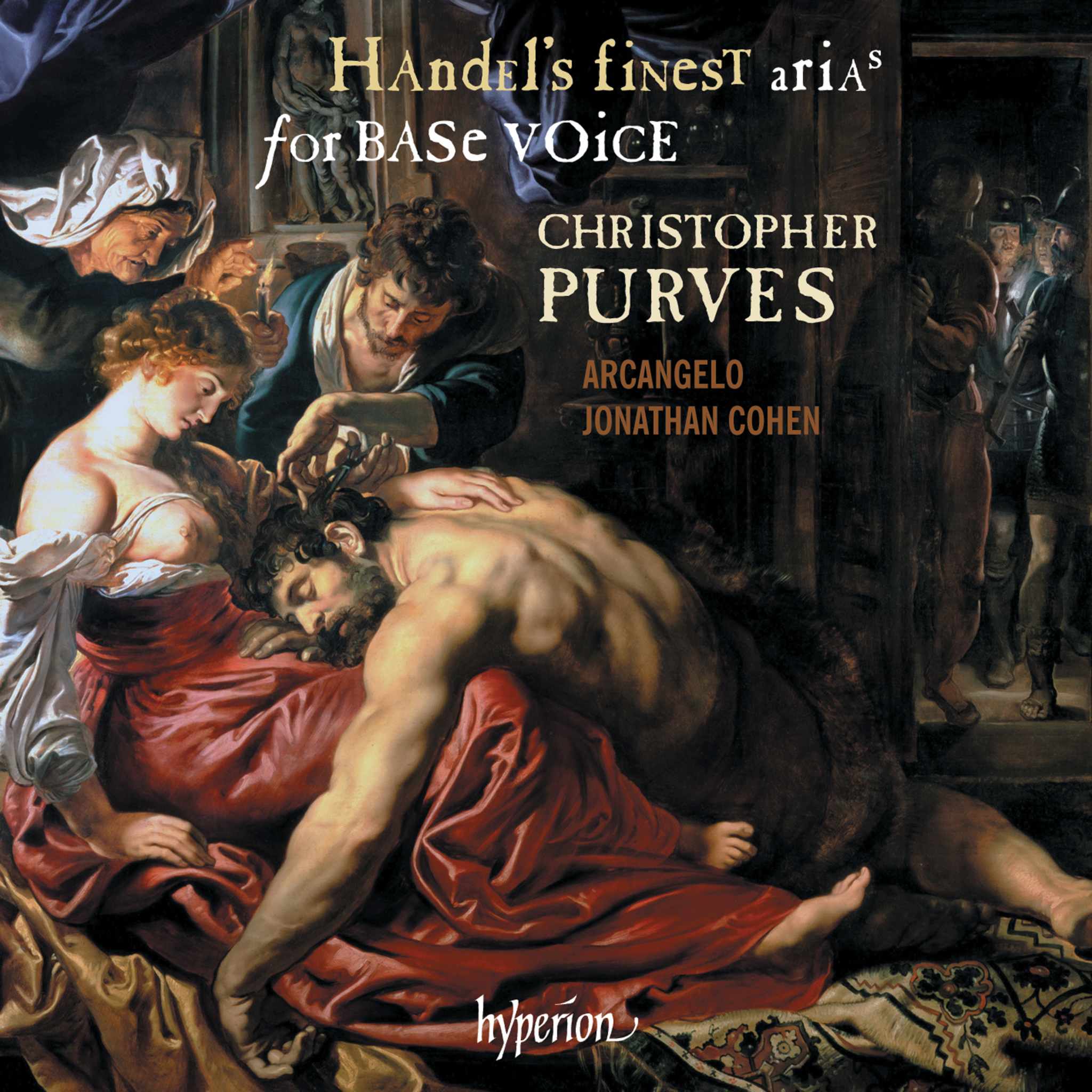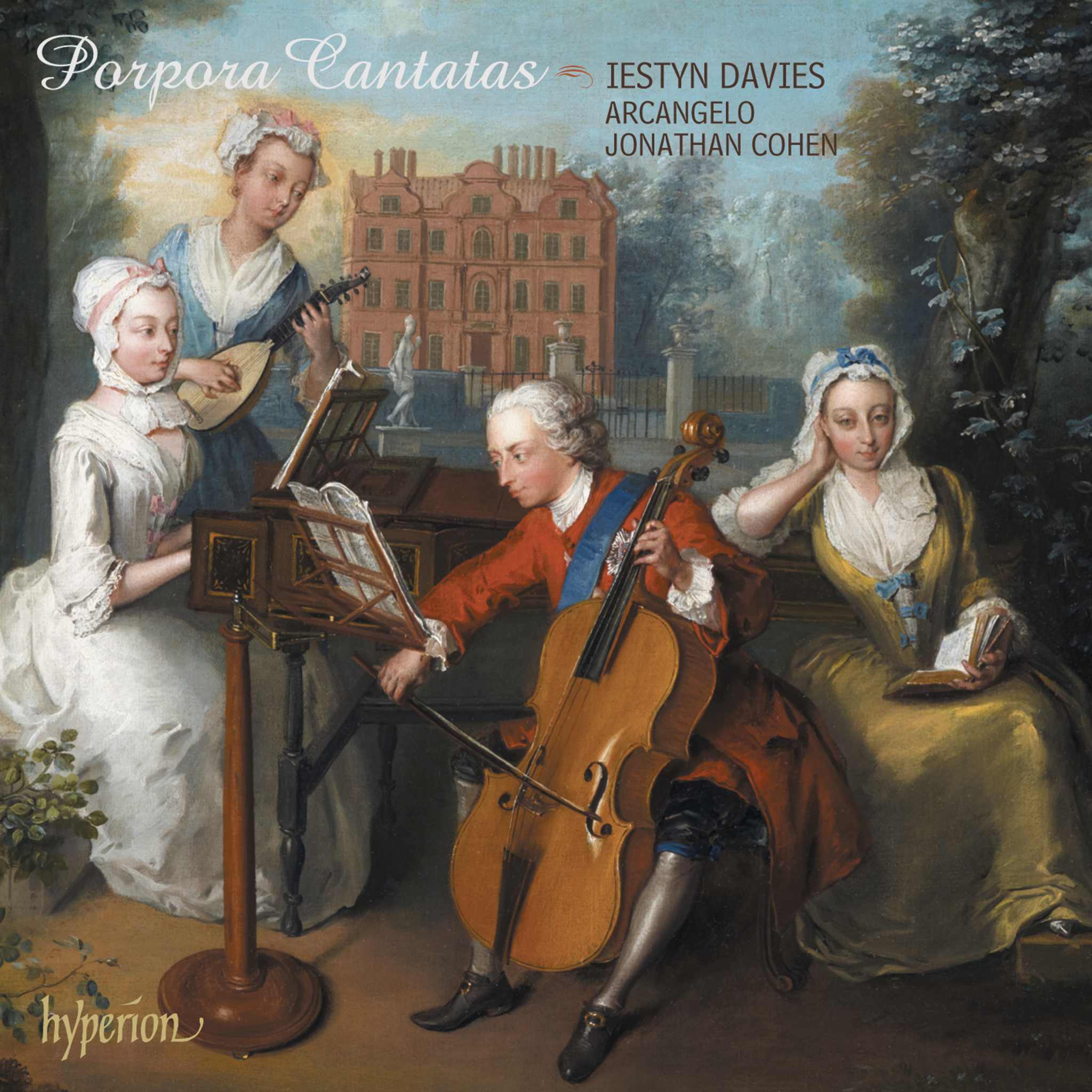Couperin's artistic vision encompasses the fusion of French and Italian musical styles, as exemplified in his L'Apothéose de Lully. His musical influences are rooted in both traditions, resulting in a unique synthesis in his compositions.
Published in 1725, L'Apothéose de Lully honors Jean-Baptiste Lully as a representative of the French style and Arcangelo Corelli as the embodiment of the Italian style. In this homage, Couperin masterfully juxtaposes these two styles.
The various movements of L'Apothéose de Lully demonstrate the stylistic fusion of French and Italian elements. An important part of the work depicts Apollo convincing Lully and Corelli that the union of their two tastes creates musical perfection.
In addition to L'Apothéose, Couperin also composed Leçons de ténèbres, which occupy a special place in the tenebrae tradition. These pieces were composed during a period in which he was particularly preoccupied with the musical expression of grief.
In Leçons de ténèbres, Couperin combined vocal virtuosity with expressive music that declamatorily depicts the themes of mourning. These works are among the most emotionally resonant of his creative period and reveal a rich harmonic palette.

